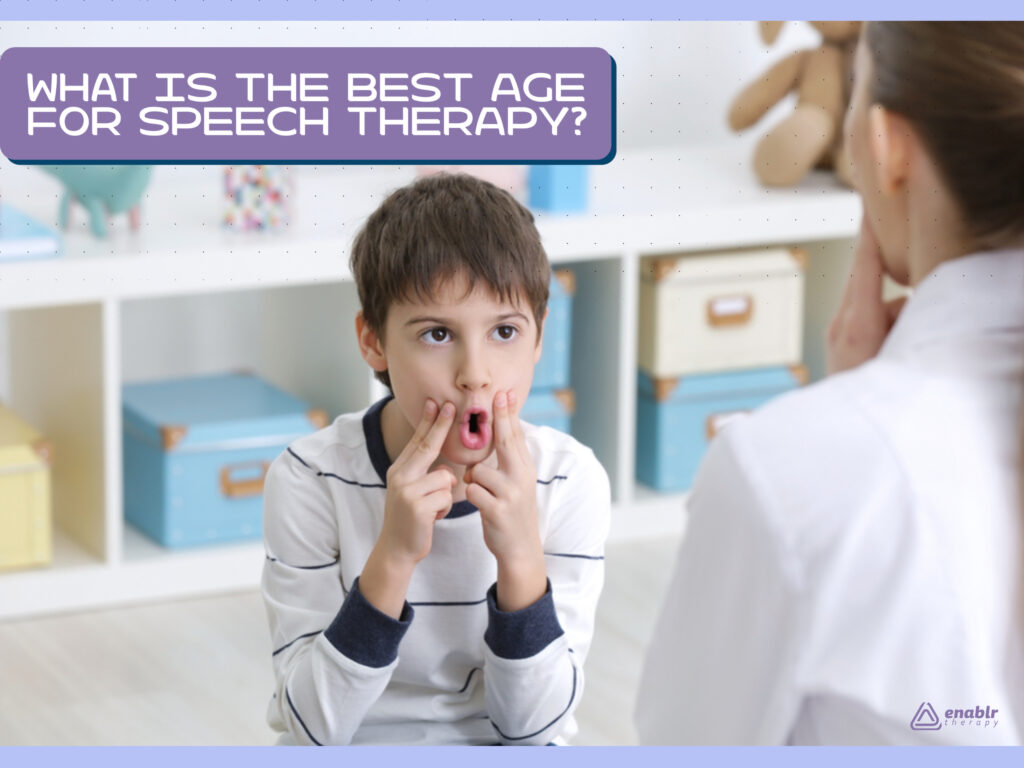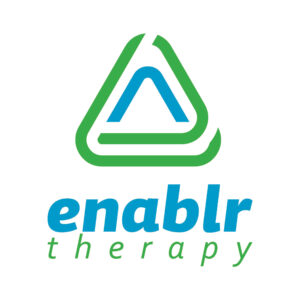Communication is a crucial skill, no matter your age. If there are concerns regarding the ability to understand language, speak clearly, or communicate with others, speech and language therapy may offer useful solutions. This process is led by speech-language pathologists, who utilize a number of different techniques to improve articulation and expressive, receptive, or pragmatic language, depending on the needs of the client.
When considering speech therapy, many people wonder if there’s a specific age group that the treatment is meant for. Is early intervention necessary? The truth is, since there are many conditions that impact speech and language skills from childhood to adulthood, speech therapy can prove effective for people of any age.
Reasons for Childhood Speech Therapy
Parents may decide to enroll their children in speech therapy for several reasons. Some examples include difficulty articulating or saying words and sounds correctly, exhibiting a stutter, or experiencing delays in understanding and using language.
The brain has just as much of an impact on speech and language development as muscles do, and sometimes a child may have cognitive issues that impact their ability to communicate. Autism, brain injuries, and different neurological disorders can play a part in a child having difficulty communicating.
Different types of disorders that can inhibit communication include:
- Articulation disorders
- Fluency disorders
- Resonance disorders
- Receptive language disorders
- Expressive language disorders
- Cognitive-communication disorders
- Aphasia
- Dysarthria
Techniques for Childhood Speech Therapy
Speech-language pathologists incorporate play, conversations, and books into treatment, and cater their methods to the disorder a child presents. Flexible planning often includes the use of toys and props to play therapeutic games, but sessions can vary based on each child’s needs.
Speech pathologists often model sounds and syllables during this age-appropriate play, and may assign homework to further each child’s speech development.
Reasons for Adult Speech Therapy
Adults seek speech therapy for a number of reasons. Diseases such as Parkinson’s and oral cancer can inhibit the facial, throat, and respiratory muscles from forming words correctly. Like the findings in children, these brain conditions can result in the loss of speech and language skills. These can be caused by having a stroke, sustaining brain damage, or experiencing other adverse neurological events.
Techniques for Adult Speech Therapy
Brain conditions in adults can also affect their memory, problem-solving, and organization skills, so methods used in speech therapy treatment can incorporate these areas as well. Speech pathologists may utilize workbooks, flashcards, conversational tactics, and specific breathing and muscle exercises in treatment plans because of this. Other helpful tools for adults would be speech therapy apps and language development games to help improve speech.
Speech Therapy Resources for Any Age
No matter your age, speech therapy can be a very effective solution to gain or restore speech and language skills that are impaired due to any number of brain or muscular conditions. To speak with a specialist, contact us today to learn about speech therapy. We’ll put together a treatment plan that helps you thrive!



